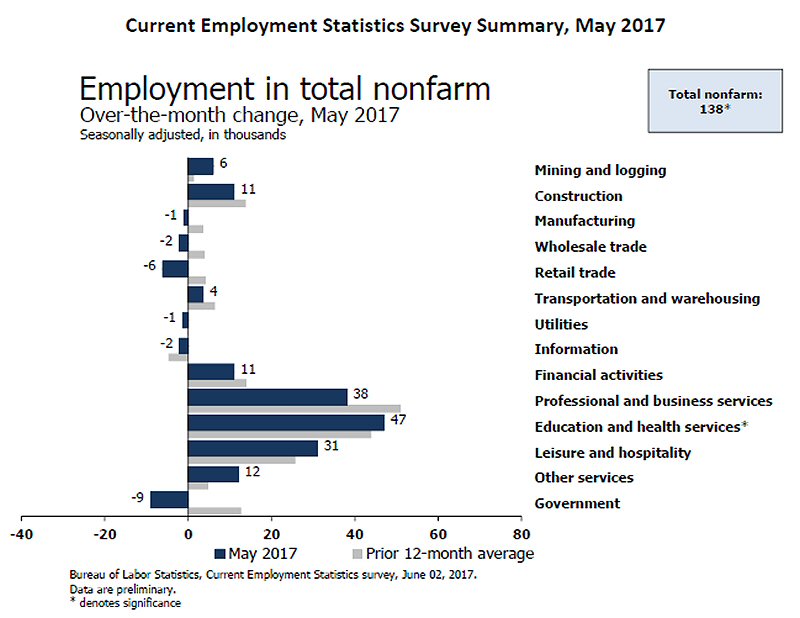June 4, 2017
On June 1, 2017, as expected, President Donald Trump announced the withdrawal of the United States from the Paris Climate Agreement based on his conclusion that it would “undermine our economy, hamstring our workers, weaken our sovereignty … and put us at a permanent disadvantage to the other countries of the world.” He hopes to negotiate a new agreement “on terms that are fair to the United States.” Almost immediately, in a separate joint statement, French President Emmanuel Macron, Italian Prime Minister Paolo Gentiloni and German Chancellor Angela Merkel said the agreement was a “vital instrument for our planet that cannot be renegotiated.”
The President made his decision in the wake of his previous criticism at the G7 meeting of Germany’s failure to spend 2% of its GNP in military expenditures and its chronic trade surplus with the United States. Subsequently, in a campaign speech, Chancellor Merkel pointedly said that the European Union can no longer “fully count on others.”
To be sure, he is not wrong about everything. Germany, an export-dependent economy, does indeed have a surplus with the United States, and it does spend less than 2% of its GNP on NATO and the military. But the U.S. has trade deficits (2016, in billions) with China – $347, Canada – $11, Mexico – $63, Japan – $69, and South Korea – $28. Other countries have large deficits too, and they’re not withdrawing.
The fact is that manufactured goods made in America by American workers –not robots- are in the aggregate a tiny portion of an economy dominated by services. The U.S. imports more than it exports in every international trade goods category tracked by the Census Bureau.
Mr. Trump’s policy of deporting undocumented workers –whose non-white U.S. born children would almost certainly vote for the Democrats-, has already resulted in acute labor shortages in some occupations that U.S.-born citizens simply will not fill at any price. At this rate soon there won’t be anyone to harvest our crops, and they’ll rot in the field. If that happens -assuming other countries have the spare capacity to provide us with what we need, which is by no means certain- we’ll be forced to import our food too, and the trade deficit will expand.
Mr. Trump’s actions and policies are the complete opposite of what the U.S. needs to do, as he puts it, to “make America great again.” If he retrenches behind duties and tariffs to protect American-based industries, he will simply ignite a trade war with key NATO ally Germany (and the European Union) and our two largest creditors, Japan and China. That would be counterproductive to say the least.
Withdrawing from the Paris Agreement is not going to reverse the current account deficit or create well paying jobs, on the contrary. The antipathy and ill will for the U.S. that Mr. Trump’s current policies have already generated among ordinary people worldwide, measured by the declining number of tourists, could well expand to other goods and services –a spontaneous boycott. Instead, he should realize that under present conditions our best bet to reverse the trade deficit is to become the world’s largest producer of the one element that can wean humankind from its addiction to nuclear energy and fossil fuels –hydrogen. The potential demand for it, foreign and domestic, could realistically create an entire new economy based on its numerous uses. If he does see the light, history might well remember him as indeed the greatest President of all time.

